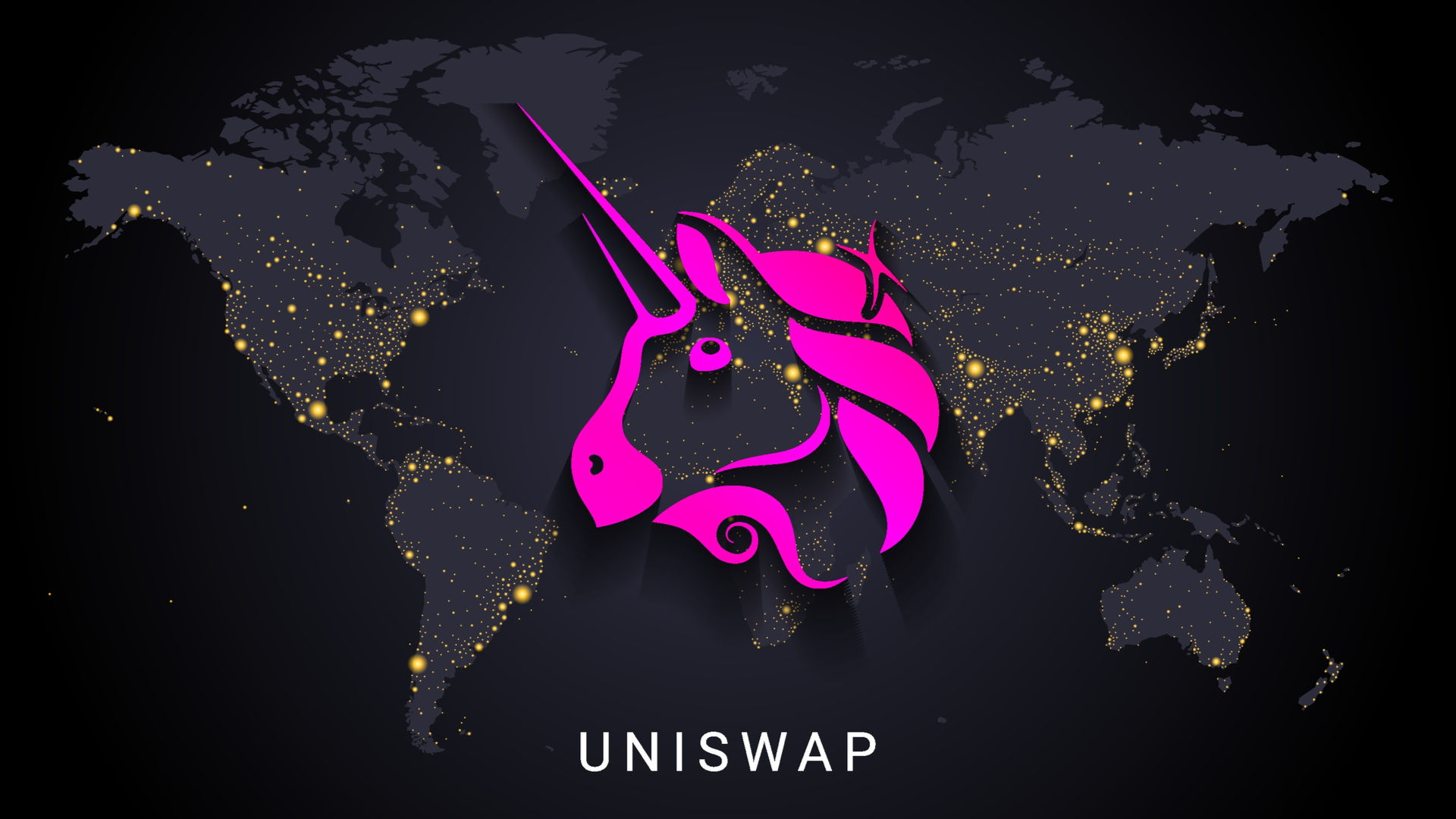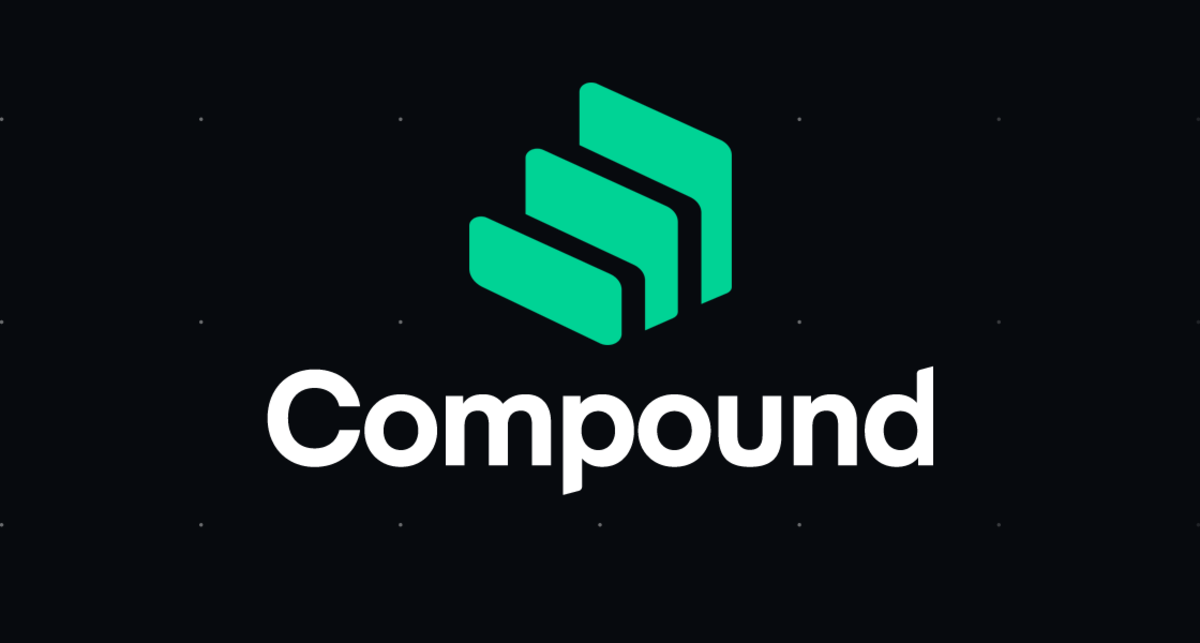
Money makes the world go round, or so the saying goes. But what happens when access to financial services is limited or denied altogether? For millions of people around the globe, this is an unfortunate reality — However, the rise of Decentralized Finance (DeFi) is changing the game, promising to bridge the gap and revolutionize financial inclusion.
What exactly is DeFi, and how does it relate to financial inclusion?
In this article, we will explore the concept of DeFi and delve into how it has the potential to improve financial inclusion, allowing individuals from all walks of life to access essential financial services.
The Concept of Decentralized Finance (DeFi)
Decentralized Finance (DeFi) refers to the use of blockchain technology and smart contracts to create financial services and applications that are decentralized, transparent, and accessible to anyone with an internet connection.
Unlike traditional financial systems, which rely on intermediaries such as banks or governments to facilitate transactions, DeFi operates on a peer-to-peer basis, cutting out the middlemen and reducing costs.
This decentralized nature enables greater financial inclusivity by removing barriers such as geographical limitations, high fees, and complex documentation requirements.
How Decentralized Finance (DeFi) Enhances Financial Inclusion
Here’s how decentralized finance (DeFi) is enhancing financial inclusion:
- Accessibility and borderless transactions
- Empowering economic growth
- Financial empowerment through self-custody
- Lending and borrowing opportunities
Accessibility and Borderless Transactions
One of the fundamental advantages of decentralized finance (DeFi) is its inclusive nature. As long as an individual has an internet connection, they can participate in DeFi protocols, opening up a world of opportunities previously inaccessible to them.
This is particularly beneficial for the unbanked and underbanked populations, who may lack the necessary identification or face geographical barriers that prevent them from accessing traditional banking services. DeFi allows for borderless transactions, empowering individuals to send, receive, and store their assets securely.
Examples of decentralized financial platforms that provide accessibility includes:
- Uniswap
- Compound
Uniswap

Uniswap, a decentralized exchange that allows users to trade tokens directly from their wallets.
Compound

Compound, a lending platform that enables users to lend and borrow cryptocurrencies without relying on a centralized authority.
Empowering Economic Growth
Financial inclusion has a direct correlation with economic growth. When individuals have access to financial services, they can invest in education, start businesses, and build a better future for themselves and their communities.
DeFi’s decentralized nature empowers individuals to control their financial destinies, facilitating economic growth from the ground up. As more people gain access to financial tools and opportunities, we can expect to see a more inclusive and prosperous global economy.
Financial Empowerment through Self-Custody
DeFi also enables individuals to take full control of their finances through self-custody. Traditional banking systems often require individuals to entrust their assets to third-party institutions, leaving them vulnerable to custodial risks, such as hacks, bankruptcies, or regulatory seizures.
With DeFi, users retain ownership and custody of their funds, thanks to the power of blockchain technology and cryptographic keys. This empowers individuals with greater financial autonomy and security.
Notable DeFi wallets that provide self-custody options includes:
- Ledger
- Metamask
These wallets allow users to securely store their digital assets and interact with various DeFi applications seamlessly.
Lending and Borrowing Opportunities
In traditional banking systems, accessing credit can be challenging for individuals without a credit history or collateral.
DeFi protocols address this issue by leveraging blockchain technology and smart contracts to enable peer-to-peer lending and borrowing without intermediaries. This opens up avenues for individuals to obtain loans or earn interest on their assets by participating as lenders.
Platforms like Aave and Cream Finance allow users to lend and borrow digital assets directly from others in the DeFi ecosystem. These platforms utilize mechanisms like over-collateralization and algorithmic creditworthiness assessment to reduce counterparty risks and ensure the integrity of the lending process.
The Benefits of Decentralized Finance (DeFi) for Financial Inclusion
One of the most significant promises of DeFi lies in its ability to promote financial inclusion and empower the unbanked population worldwide.
Financial inclusion, the concept of providing access to affordable and reliable financial services to individuals who have been historically excluded from the traditional banking system, is a critical driver of economic growth and poverty reduction.
Unfortunately, billions of people across the globe are still excluded from basic financial services, facing barriers such as lack of identification, inadequate credit history, and limited access to physical banking infrastructure.
This is where DeFi steps in, offering a multitude of benefits that can help bridge the gap and extend financial services to the unbanked population. Let’s explore some of the benefits of DeFi when it comes to promoting financial inclusion:
- Accessibility
- Lower costs
- Transparency
- Financial empowerment
- Access to credit
Accessibility
One of the most significant advantages of DeFi is its accessibility. With a smartphone and internet access, individuals can access a wide range of financial services without the need for a traditional bank account.
This is particularly beneficial for the unbanked and underbanked populations, who may face significant hurdles in opening a bank account due to lack of identification or credit history.
Lower Costs
Traditional financial systems often impose high fees for transactions, loans, and other services. In contrast, DeFi platforms leverage blockchain technology to automate processes, reducing costs and making financial services more affordable.
This affordability is crucial for individuals with limited financial resources, allowing them to participate in the economy without being burdened by excessive fees.
Transparency
Transparency is a core principle of DeFi. By operating on public blockchains, all transactions and smart contracts are visible and auditable by anyone. This transparency reduces the risk of fraud and corruption, creating a more trustworthy and secure financial ecosystem.
For individuals who have been excluded from traditional financial systems due to lack of trust, DeFi offers a transparent alternative that can restore confidence in financial services.
Financial Empowerment
DeFi eliminates the requirement for a traditional bank account, allowing individuals to have direct control over their finances. With DeFi protocols, users can securely store, borrow, lend, and invest their assets without relying on a centralized authority.
Access to Credit
DeFi protocols enable individuals to access decentralized lending platforms, where they can obtain loans based on their crypto assets, eliminating the need for a credit history or collateral. This opens up opportunities for small businesses and individuals with limited resources to access credit and pursue their entrepreneurial aspirations.
Financial Inclusion on a Global Scale
DeFi’s impact on financial inclusion extends beyond geographical borders. In countries with unstable economies and hyperinflation, cryptocurrencies provide a stable store of value and a means of preserving wealth.
By embracing DeFi and adopting cryptocurrency wallets, individuals can protect their financial assets from economic volatility, access global markets, and engage in cross-border transactions without relying on traditional banking systems.
Real-World Applications of Decentralized Finance (DeFi) That Contributes to Financial Inclusion
Decentralized finance (DeFi) has the potential to significantly enhance financial inclusion by providing access to financial services for individuals who are traditionally underserved by the traditional banking system.
Here are some real-world applications of DeFi that can enable financial inclusion:
- Access to Banking Services
- Cross-border payments
- Microfinance and Lending
- Savings and Investments
- Insurance services
- Identity and Credit Scoring
- Stablecoins and Remittances
- Peer-to-Peer Lending
- Financial tools for unbanked
- Identity Verification
- Community Governance
Access to Banking Services
DeFi allows individuals to access basic banking services without the need for a traditional bank account. Through DeFi platforms, individuals can open and manage decentralized wallets to store, send, and receive cryptocurrencies.
This enables people who are unbanked or underbanked to participate in the global financial ecosystem.
Cross-Border Payments
Sending money across borders can be expensive and time-consuming, especially for migrant workers who need to support their families back home. DeFi platforms can enable fast and low-cost cross-border payments, allowing individuals to send money directly to their loved ones without the need for intermediaries.
Microfinance and Lending
DeFi protocols facilitate peer-to-peer lending, enabling individuals to lend or borrow funds without requiring a traditional intermediary such as a bank. This opens up opportunities for microfinance, where small loans can be extended to entrepreneurs and individuals who lack access to traditional banking services.
By leveraging smart contracts and digital assets as collateral, DeFi lending platforms reduce barriers and expand credit availability.
Savings and Investments
Many individuals, especially those in developing countries, lack access to formal savings and investment options. DeFi protocols offer decentralized savings and investment platforms, where individuals can earn interest on their assets or participate in decentralized asset management.
This empowers individuals to grow their wealth and protect themselves against inflation.
Insurance Services
Decentralized finance (DeFi) has the potential to democratize access to insurance services by removing the need for intermediaries and reducing costs. Smart contracts can automate the claims process and enable decentralized insurance protocols.
This allows individuals, especially those in underserved regions prone to natural disasters or with limited insurance options, to protect their assets and mitigate risks.
Identity and Credit Scoring
DeFi projects are exploring decentralized identity solutions and credit scoring mechanisms. These initiatives aim to provide individuals with self-sovereign identities and creditworthiness assessments based on on-chain transaction history and other verifiable data.
By using decentralized identity and credit scoring, Decentralized finance (DeFi) can extend financial services to those without traditional identification documents or credit histories.
Stablecoins and Remittances
Stablecoins, which are cryptocurrencies pegged to a stable asset like fiat currency, can provide a reliable medium of exchange and store of value for individuals in regions with volatile currencies.
DeFi platforms can enable low-cost and fast cross-border remittances, reducing the reliance on expensive and slow traditional remittance services.
Peer-to-Peer Lending
Decentralized finance (DeFi) enables peer-to-peer lending platforms, where individuals can lend money to others directly without intermediaries. This allows borrowers who might not have collateral or credit history to access loans based on alternative metrics, such as reputation or digital assets.
Financial Tools for Unbanked
DeFi applications can offer financial tools like decentralized exchanges (DEXs), derivatives, and asset management platforms. These tools empower unbanked individuals to participate in investment opportunities, access diverse financial products, and hedge against risks.
Identity Verification
DeFi can leverage blockchain technology for secure and decentralized identity verification. This can enable individuals without traditional forms of identification to access financial services by establishing their digital identity and reputation on the blockchain.
Community Governance
DeFi protocols often incorporate decentralized governance mechanisms that allow users to participate in decision-making processes. This ensures that the community’s needs and perspectives are taken into account, fostering inclusivity and reducing centralization of power.
Challenges of Decentralized Finance (DeFi) for Financial Inclusion
While decentralized finance (DeFi) holds great potential for promoting financial inclusion, several challenges need to be addressed to realize its full benefits. Here are some challenges associated with DeFi for financial inclusion:
- Technical barriers
- Financial literacy
- Volatility and risk
- Security and fraud
- Regulatory uncertainty
- Scalability and transaction costs
- Privacy and data protection
Technical Barriers
DeFi applications often require users to have access to reliable internet connectivity and digital devices. In regions with limited infrastructure and low technology penetration, accessing and using DeFi platforms can be challenging, hindering widespread adoption among underserved populations.
Financial Literacy
DeFi relies on individuals understanding complex concepts such as blockchain, cryptocurrencies, smart contracts, and decentralized applications. Limited financial literacy can be a barrier to entry, preventing individuals from fully utilizing DeFi services and understanding the associated risks.
Volatility and Risk
Cryptocurrencies, which are fundamental to many DeFi platforms, are known for their price volatility. Price fluctuations can pose risks to users, particularly those who are financially vulnerable.
Lack of awareness and understanding of these risks can lead to potential financial losses, impacting the trust and adoption of DeFi.
Security and Fraud
DeFi platforms operate in a decentralized manner, and the responsibility for securing funds primarily lies with individual users. The absence of centralized intermediaries can increase the risk of hacking, phishing attacks, smart contract vulnerabilities, and other forms of fraud.
Individuals with limited technical knowledge may be more susceptible to such risks.
Regulatory Uncertainty
The regulatory landscape surrounding DeFi is still evolving, with varying approaches and regulations in different jurisdictions. Unclear or inconsistent regulations can create legal and compliance challenges, potentially limiting the growth and adoption of DeFi for financial inclusion purposes.
Scalability and Transaction Costs
Some DeFi platforms, particularly those built on public blockchains like Ethereum, face scalability issues and high transaction costs during peak usage periods. This can limit the accessibility and affordability of DeFi services, especially for individuals with limited financial resources.
Privacy and Data Protection
DeFi applications operate on public blockchains, which are inherently transparent. While this transparency can enhance trust, it can also compromise user privacy and expose sensitive financial information. Striking a balance between transparency and privacy is crucial to ensure the protection of user data.
Conclusion: How Decentralized Finance (DeFi) Can Improve Financial Inclusion
Financial inclusion is a critical goal for a fair and equitable society. Decentralized Finance (DeFi) has emerged as a powerful tool to achieve this goal by leveraging blockchain technology and decentralized systems.
By providing accessibility, lowering costs, and ensuring transparency, DeFi can enable individuals from all backgrounds to access essential financial services. The real-world applications of DeFi, such as cross-border payments, access to credit, and savings/investment opportunities, have the potential to transform the lives of millions around the world.
As we continue to explore the potential of DeFi, it is essential to prioritize collaboration, education, and regulatory frameworks that foster innovation while protecting the interests of users.
Together, we can build a more inclusive and empowering financial system that leaves no one behind.
